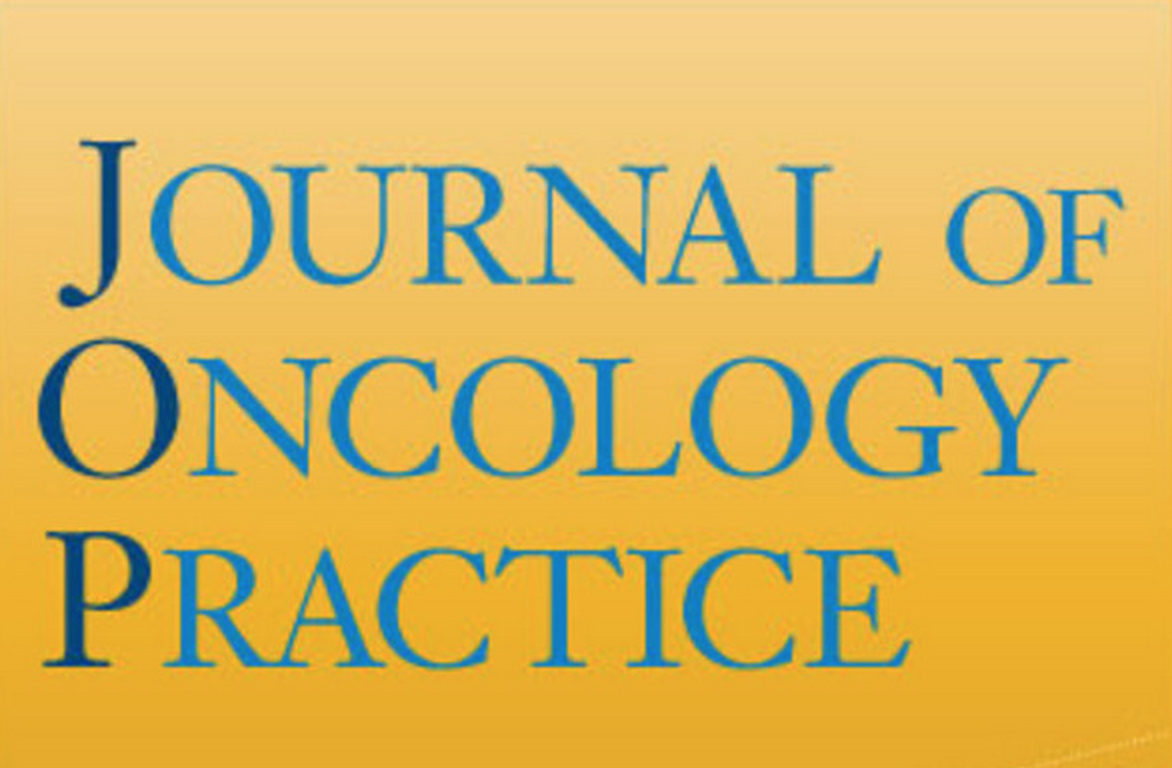
I’m very pleased this study we conducted at Penn is finally published on Journal of Oncology Practice. It presents the main results from the 9 center study of survivorship care plans I led while at Penn, and this is important as it documents positive outcomes of survivorship care plans.
Steven C. Palmer, PhD, Carrie Tompkins Stricker, PhD, RN, SarahLena L. Panzer, Sarah A. Arvey, PhD, K. Scott Baker, MD, MS, Jackie Casillas, MD, MSHS, Patricia A. Ganz, MD, Mary S. McCabe, RN, MA, Larissa Nekhlyudov, MD, MPH, Linda Overholser, MD, Ann H. Partridge, MD, MPH, Betsy Risendal, PhD, Donald L. Rosenstein, MD, Karen L. Syrjala, PhD, and Linda A. Jacobs, PhD, RN
Author affiliations:
Abramson Cancer Center of the University of Pennsylvania, Philadelphia, PA; LIVESTRONG, Austin, TX; Fred Hutchinson Cancer Research Center, Seattle, WA; University of California, Los Angeles, Jonsson Comprehensive Cancer Center, Los Angeles, CA; Memorial Sloan Kettering Cancer Center, New York, NY; Dana-Farber Cancer Institute, Boston, MA; University of Colorado Cancer Center, Denver, CO; and University of North Carolina Lineberger Comprehensive Cancer Center, Chapel Hill, NC
Purpose:
Survivorship care plans (SCPs) have been suggested to reduce fragmentation of care experienced by cancer survivors. Acceptance of SCPs is high, but trials in the United States are few. This pilot study used a quasiexperimental design to examine the outcomes achieved by breast cancer survivors receiving a standardized SCP visit at one of seven comprehensive cancer centers.
Materials and Methods:
Outcomes were assessed before and again 3 months after delivery of an SCP and included survivors’ use of and satisfaction with SCPs, perceived knowledge about survivorship, and assessment of the quality and coordination of survivorship care.
Results:
One hundred thirty-nine survivors of breast cancer completed baseline and follow-up measures and received a standardized SCP visit. Participants most commonly used SCP materials to make decisions about exercise (64%), which tests to receive and when (62%), and dietary changes (62%). Only 21% shared the SCP with their primary care provider during that time. Satisfaction with the SCP was high, with 90% of participants reporting being at least satisfied with the SCP. Perceived knowledge about survivorship improved after SCP delivery, as did perceived care coordination and the provider’s knowledge of the effects of cancer on survivors (all P< .001). Individuals closer to the time of diagnosis reported greater satisfaction with and use of SCPs.
Conclusion:
This study demonstrates improvements in perceived knowledge and quality of survivorship care after receipt of a comprehensive SCP. Survivors were satisfied with their SCP, and those closer to diagnosis reported greater satisfaction with and use of the materials.
Read full article at Journal of Oncology Practice.




Please feel free to share widely to help inform and advocate for your and your colleagues’ survivorship care plan (SCP) delivery efforts. While more research remains to be done, this and other studies support the importance of SCPs to survivors’ care and outcomes